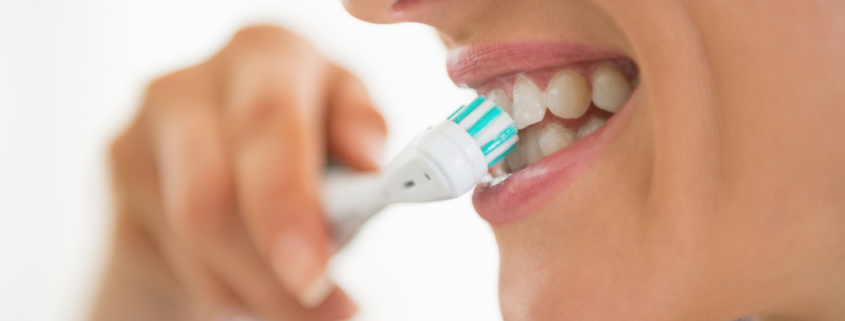7 Teeth Brushing Mistakes Everyone Makes
Did you know that 90% of adults over the age of 20 have at least one cavity? It’s obviously not uncommon to get cavities, even if you are taking care of your teeth. It seems to just be a fact of life. We all know that brushing our teeth is essential for good oral hygiene, but do we know how to brush correctly? Many of us make common teeth brushing mistakes when it comes to brushing our teeth, which can lead to poor dental health and even cavities.
But don’t worry. Keep reading and learn from these 7 tooth brushing mistakes so you can develop a healthy oral hygiene routine and keep your smile looking its best.
7 Teeth Brushing Mistakes Everyone Makes
Now, let’s jump in and explore these 7 common teeth-brushing mistakes. They include:
1. Brushing too Hard
Brushing your teeth too hard can have very serious consequences for dental health over an extended period. An important aspect to remember with brushing your teeth is that gentle motions are far more effective than harder, vigorous ones. Circular, light strokes are much better for plaque removal than aggressive scrubbing.
Doing this will ensure your pearly whites stay in tip-top condition. Take some time when you brush and make sure you’re doing it correctly: be mindful of the pressure being applied, use gentle movements and take good care of your smile!
2. Not Brushing Long Enough
Many people often find themselves in a rush to finish their brushing routine, leaving some teeth surfaces uncleaned. Unfortunately, this could have long-lasting detrimental effects on your oral health. To ensure you are adequately cleaning your entire mouth, you should take your time when brushing and always know that two minutes of activity is sufficient!
Two minutes spent brushing allows enough time to focus on the top, bottom, and sides of each tooth while also focusing on the front and back surfaces. A great way to make sure you’re not missing any areas is to divide your mouth into four quadrants and spend thirty seconds on each quadrant of your mouth.
Doing so will leave you feeling confident that you did a thorough job of preventing plaque and decay!
3. Not Replacing Your Toothbrush Regularly
Regularly changing your toothbrush is an extremely important part of your oral hygiene routine. Over time, the bristles on your brush become frayed and deformed, meaning that brushing is not only less effective but may even cause damage to your teeth and gums.
Additionally, bacteria can build up on the brush and be reintroduced into your mouth every time you use it – not something any of us want! For best results, dental professionals recommend replacing your toothbrush every three to four months. That way, you always have a clean brush and can make sure your oral health remains at its peak!
4. Not Cleaning Your Toothbrush Thoroughly
Taking good care of your toothbrush is essential for maintaining good oral hygiene. You must rinse your toothbrush with hot water after each use, as this will help get rid of any food particles or germs that may be lingering on the bristles.
On top of that, don’t forget to clean your toothbrush handle regularly too; it may come in contact with bacteria from surfaces like your sink or bathroom counter, so make sure to give it a quick wash now and then. Taking these simple steps will help keep your toothbrush in the best condition, ensuring you get a thorough brushing every time you use it!
5. Brushing Immediately After Eating or Drinking
Eating and drinking can provide energy and enjoyment to our day, but it’s essential to remember that both of these activities can affect the health of our teeth. Some foods and drinks are high in acid content, which increases the acidity in the mouth, making enamel brittle and easily erodible.
To protect your teeth from damage, it’s best to wait at least 30 minutes after eating or drinking before brushing your teeth. While this may be a difficult thing to remember when you want to get rid of any leftover flavors quickly, doing so will help ensure that you keep your teeth healthy for years to come.
6. Not Flossing Regularly
Staying on top of oral hygiene doesn’t just mean brushing – flossing is also a crucial part of making sure your teeth and gums stay healthy. Flossing helps to remove trapped food particles and plaque that can build up between teeth and areas that may be difficult for a toothbrush to reach.
Though it may be easy to forget this part of oral health care, it’s important not to skip flossing, especially if you know have braces or other dental work. To make flossing easier, try using an interdental brush or selecting flossing flavors you enjoy; and if necessary, break up the task into smaller chunks by flossing while brushing each day. Remember: healthy teeth are worth the effort!
7. Not Using Fluoride Toothpaste
Choosing not to use fluoride toothpaste can have far-reaching consequences on the health and well-being of your oral hygiene. When it comes to protection against tooth decay, fluoride makes all the difference. Studies have shown that this chemical helps strengthen enamel and shield teeth against dangerous bacteria and food particles that can accumulate on teeth over time.
To ensure that you are using one of the most reliable forms of toothpaste, check for products that show a seal from the American Dental Association. This stamp acts as an assurance that a dentist has looked over this product and given it their full endorsement. By being mindful of these things, you’ll ensure better breath and an overall healthier smile for years to come.
Find a Dentist in Lexington, KY
With this teeth brushing guide, hopefully, you have a better idea of how to brush your teeth and maintain good oral hygiene. By following these tips, you’ll be on the right track to improving your dental routine.
Another thing you can do is invest in professional teeth cleaning. You can contact us at Justice Dental to set up an appointment. Your smile will thank you!



